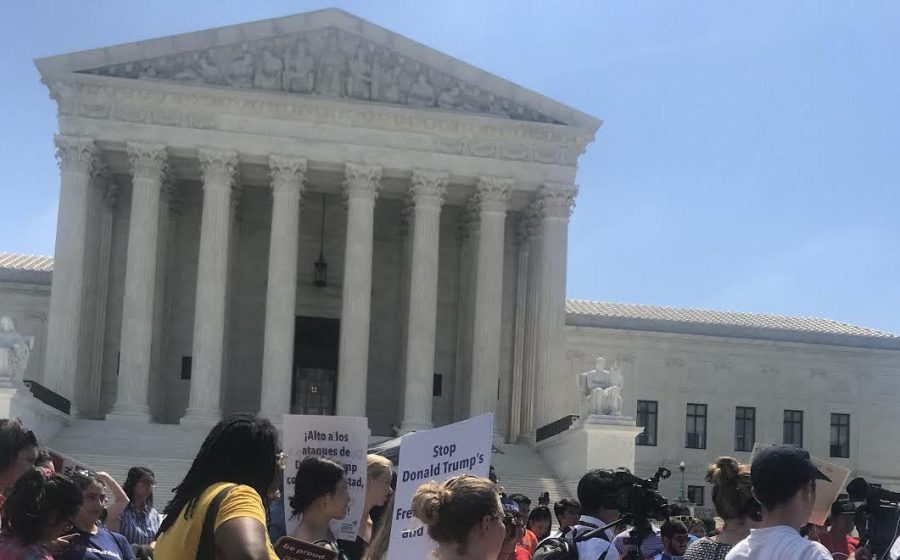The Supreme Court of the United States ruled in favor of upholding partisan gerrymandering, or the deliberate redrawing of electoral boundaries to favor a specific party or socioeconomic class, on Thursday, June 27. The more conservative members of the court, Justices Roberts, Thomas, Alito, Gorsuch, and Kavanaugh, made up the 5 to 4 majority vote on Runcho v. Common Cause.
In his majority opinion, Chief Justice John Roberts reiterated that the role of the U.S. Supreme Court is to uphold the Constitution. Because partisan gerrymandering is a political question — not a Constitutional one — the federal court may not intervene in partisan gerrymandering disputes. The federal court does not have the authority to intervene, Roberts claimed, because such intervention would favor one political party over the other.
“We conclude that partisan gerrymandering claims present political questions beyond the reach of the federal courts,” Roberts wrote. “Federal judges have no license to reallocate political power between the two major political parties, with no plausible grant of authority in the Constitution, and no legal standards to limit and direct their decisions.”
Roberts did emphasize that federal courts may still intervene in certain cases of racial gerrymandering, depending on whether or not the gerrymandering is done for discriminatory purposes.
The Runcho v. Common Cause ruling comes from two cases claiming that Democrats in Maryland and Republicans in North Carolina engaged in unconstitutional partisan gerrymandering to maintain their own respective political power.
The dissent acknowledged that both Democrats and Republicans benefit from partisan gerrymandering. However, Republicans reap a greater benefit from gerrymandering, currently controlling 30 out of the 50 partisan legislatures in the country.
“Voters should choose their representatives, not the other way around” dissenting Justice Elena Kagan said in her opposing opinion. “[Partisan gerrymandering] violates individuals’ constitutional rights.”
The dissent argued that partisan gerrymandering violates the 14th Amendment’s equal protection clause because it can cause some votes to count less than others. They also claimed that partisan gerrymandering violates the First Amendment’s guarantee of free speech because it does not provide the necessary protection to political speech or association, and bars certain people from participating in the political process.
“Is this how American democracy is supposed to work?” Kagan asked, looking out to the courtroom. “I have yet to meet the person who thinks so.”
“With deep sadness,” Kagan concluded, “Justices Ginsburg, Breyer, Sotomayor, and I dissent.”
This ruling is likely to be a big issue of discussion throughout the upcoming 2020 election. Democratic presidential hopefuls like Cory Booker and Kamala Harris have made the issue of voting rights key components of their campaigns, calling for the renewal and expansion of the Voting Rights Act.
Photo by Lara Sanli.




















